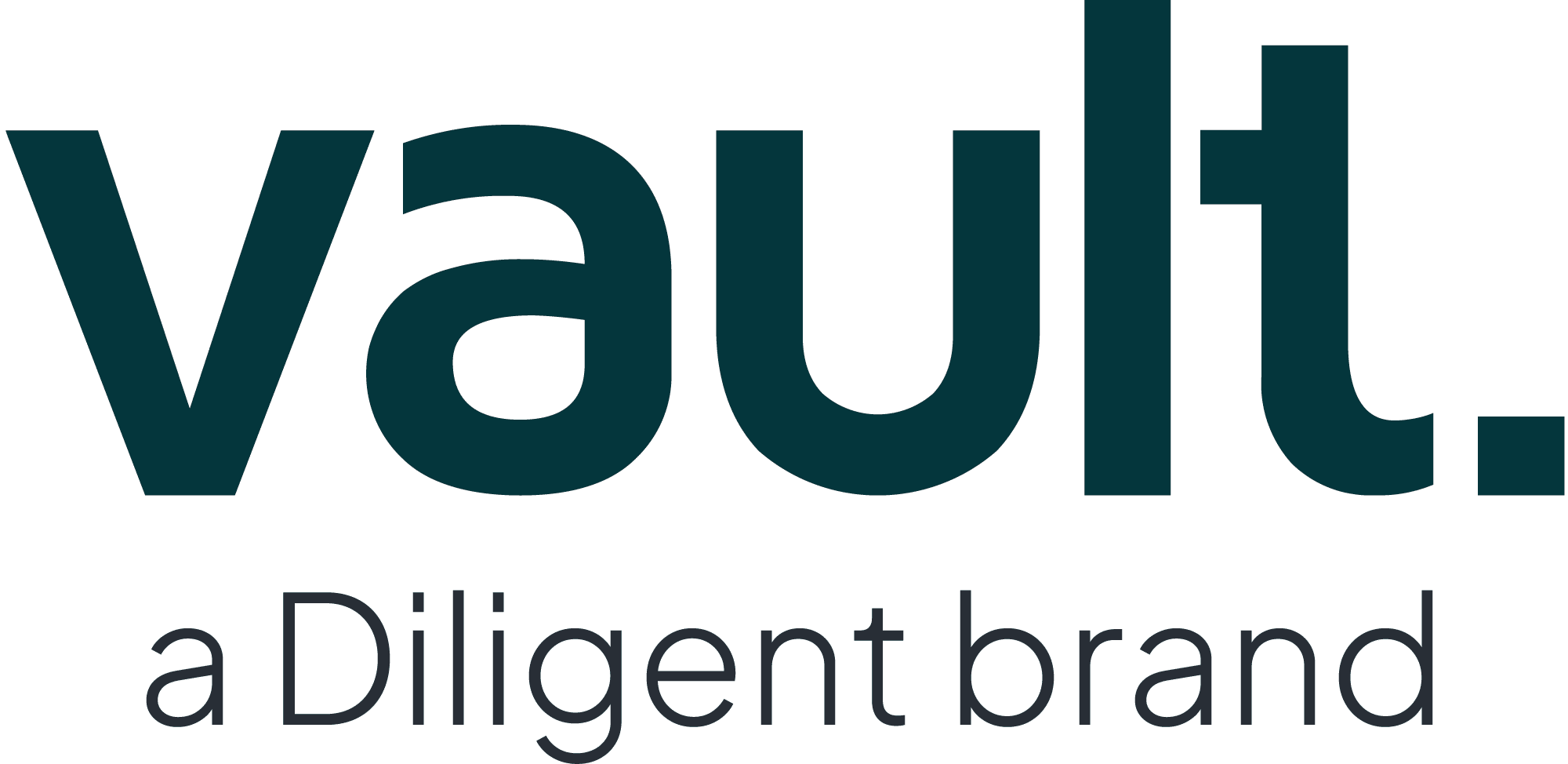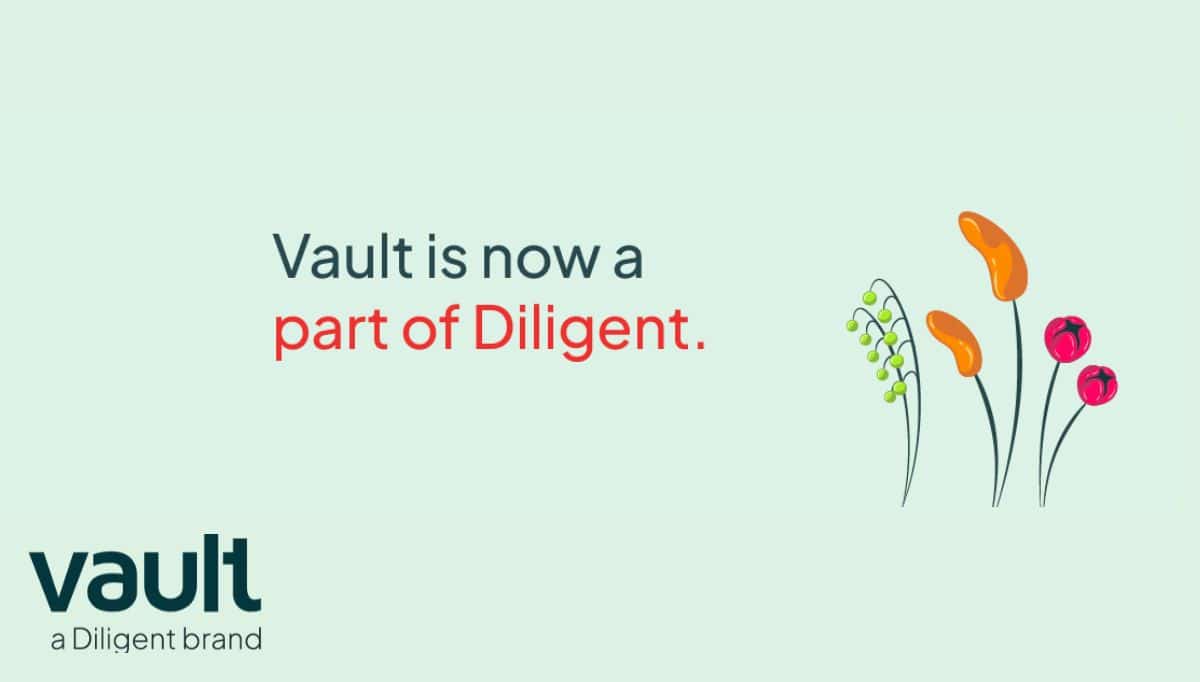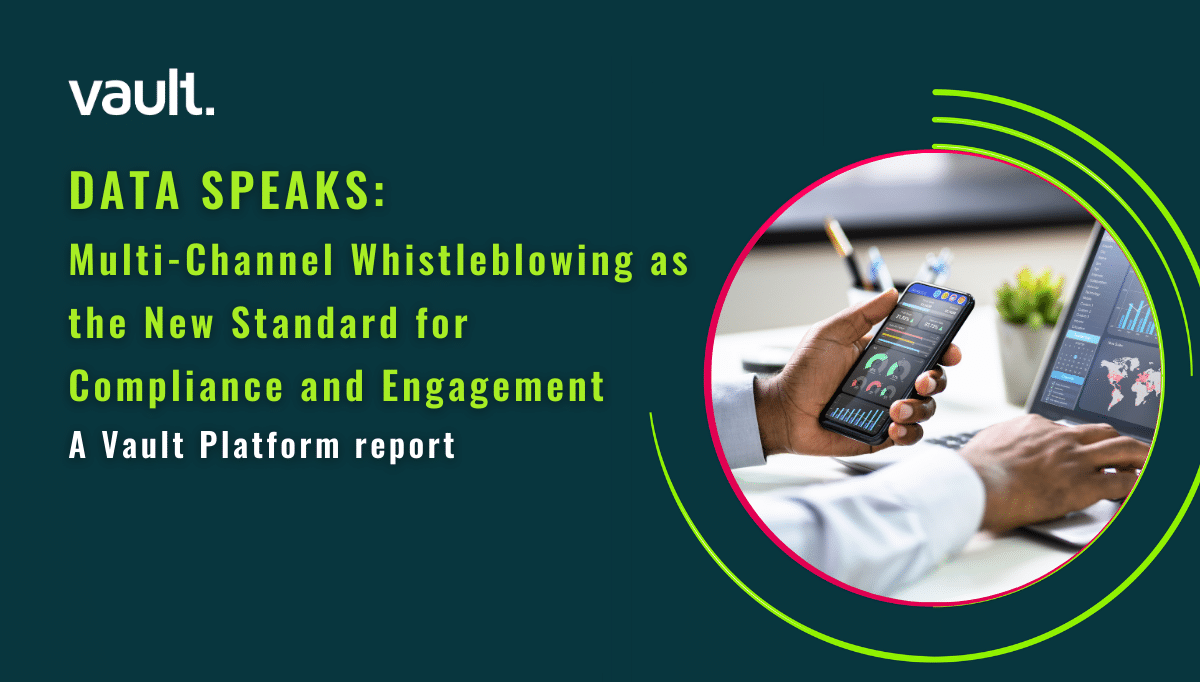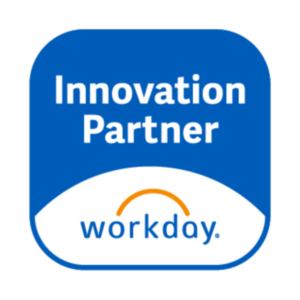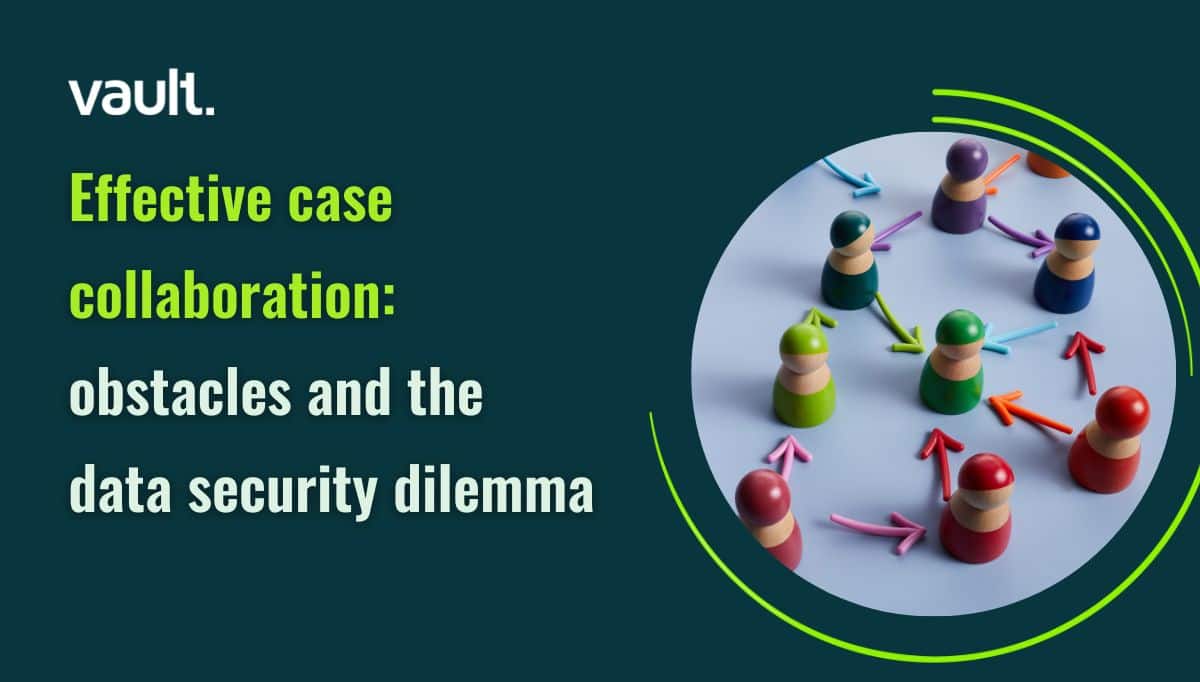
Ethics and investigation teams are constantly striving to resolve cases efficiently and in a timely manner. But that goal is often obstructed by the persistent difficulties of ensuring case confidentiality and data security, as well as non-centralized communication between team members.
Case managers must be able to collaborate effectively with other members of their internal team – or key stakeholders such as external legal counsel; it’s crucial to make progress with and resolve a case.
However, traditional methods for information sharing can compromise security, potentially exposing sensitive cases or data that identifies individuals related to the case. These methods hinder teams and their ability to work closely and effectively together.
Obstacles to better collaboration
Case managers tell us various challenges hold them back from collaborating easily and effectively and, in turn, slow down resolution time. These include:
- Case confidentiality and security of sensitive data
- Having to use multiple systems to work together and communicate, rather than doing everything in one place
- Siloed data and processes; lack of centralization
- Inefficient assignment processes
- Inefficient communication, with threads of conversations scattered in various places
Let’s delve into the key challenges in more detail.
Data sharing difficulties
The delicate matter of sensitive data sharing and confidentiality is a tricky and common one that Ethics and Compliance professionals have to grapple with.
Misconduct cases frequently involve highly sensitive information, including personal details of individuals involved, internal investigations, and proprietary business data. Balancing transparency with the need to safeguard confidentiality poses a significant dilemma for collaboration efforts.
Sharing sensitive data among stakeholders requires meticulous compliance with data protection laws and regulations, such as GDPR and HIPAA, to mitigate the risk of data breaches and subsequent legal ramifications. However, this can hamper the flow of information necessary for thorough case analysis and resolution.
Siloed data and lack of centralisation
Ethics teams resolve a range of issue types. Sometimes during an investigation it can be hard to keep everything you need in one place: sensitive data, conversations and investigative work. And it’s also challenging to track who has seen what.
Various departments or escalations may be needed, with different parts of a case needing to be shared or reviewed. However, one of the primary hurdles is how information is siloed. Departments operating independently often results in fragmented case data and incomplete insights into reported misconduct. This lack of access to relevant information adversely impacts how teams collaborate, to accurately assess and resolve cases.
Case managers often have to export data from their case management system into other programs, like Excel, before then importing in other details. They may have to communicate with team members via Slack, Teams or email rather than being able to do it within one unified platform. This creates friction, fragmentation and inconsistencies in the way they work.
On top of this, differing priorities and perspectives among stakeholders can make collaborating even harder. Legal, HR, and operational teams may have conflicting interests or interpretations regarding the severity of reported incidents. This brings the risk of delays in decision-making and resolution.
How can Vault help?
Vault’s modern case management system is already supporting Ethics teams to work effectively, drive their programs to build a strong Speak Up culture.
But Vault is evolving and significant developments are coming very soon. Watch this space for an upcoming announcement about how we’re helping you to tackle the challenges we’ve discussed in this article.
Want to get an alert when the announcement drops? Fill out this form.
